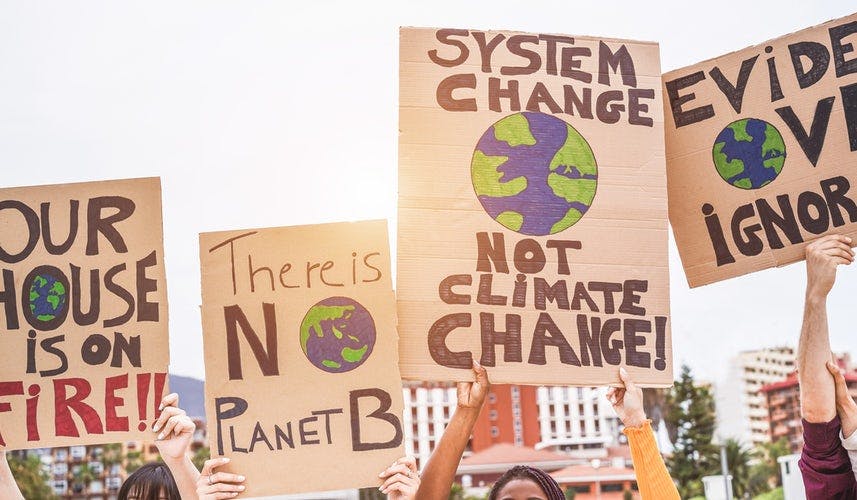الصفحة الرئيسية
<
Syndication
<
Advertising Industry Urged to Combat Climate Crisis Through Creativity
Advertising Industry Urged to Combat Climate Crisis Through Creativity
Hyphen Web Desk

Morrison’s speech centered around her forthcoming book, *Brave Work in the Age of Climate Change: A Creative’s Guide to Advertising and Brand Messages in Complicated Times*, scheduled for publication in 2025. She argued that the advertising industry possesses unique power to drive significant environmental change. According to Morrison, advertisers are uniquely positioned to influence public perception and behavior regarding climate change, thus playing a critical role in the broader effort to combat the climate emergency.
The colloquium featured a keynote by Leah Thomas, an environmental activist known for her work in intersectional environmentalism, which highlighted the multifaceted nature of climate issues and the necessity for inclusive and comprehensive approaches. Additionally, a panel discussion revisited Smokey Bear’s legacy, emphasizing historical efforts in environmental education and their continued relevance.
Morrison's address was notably forward-thinking, emphasizing the need for the advertising industry to harness its creative potential for climate advocacy. She underscored the importance of effective storytelling and data visualization, citing Ed Hawkins' “Warming Stripes” as a powerful tool for illustrating the stark realities of climate change. According to Morrison, such visual representations can make the abstract and often overwhelming data of climate science more accessible and engaging for the public.
Central to Morrison's argument was the concept of “brave work” in advertising. This approach, she contended, involves not only presenting messages with empathy and authenticity but also demonstrating a deep understanding of scientific realities. She warned against the pitfalls of greenwashing, where companies falsely portray themselves as environmentally friendly without substantial action. Instead, Morrison advocated for a genuine commitment to sustainability, urging advertisers to adopt practices that align with scientific evidence and contribute positively to environmental goals.
The necessity for ethical practices in advertising was a recurring theme in Morrison’s address. She stressed that the industry must move beyond superficial or tokenistic environmental claims and embrace a more substantive approach. By leveraging their creative capabilities, advertisers can challenge prevailing narratives, promote sustainable behaviors, and foster a broader cultural shift towards environmental responsibility.
Morrison’s talk was part of a larger discussion at the colloquium, themed “The Sustainability Imperative.” This theme reflects a growing recognition of the need for systemic change across various sectors to address the climate crisis. The colloquium itself underscored the vital role of interdisciplinary dialogue in advancing environmental sustainability and highlighted the importance of integrating diverse perspectives in the search for solutions.
In her address, Morrison made a compelling case for the advertising industry to evolve and adapt in response to the climate crisis. She highlighted the potential for advertising to not only reflect but also shape societal attitudes and behaviors concerning environmental issues. By embracing the principles of brave work, the industry can contribute to a more informed and proactive public, capable of driving meaningful environmental change.
Overall, Morrison’s address at the Advertising & Society Colloquium served as a call to action for the advertising industry. It emphasized the urgent need for creativity and ethical responsibility in addressing climate change and reinforced the idea that the industry’s role extends beyond traditional commercial objectives. As the world grapples with the realities of climate change, the advertising industry’s ability to influence public discourse and behavior positions it as a crucial player in the global effort to achieve sustainability.
التسميات:
#Syndication
مشاركة:
